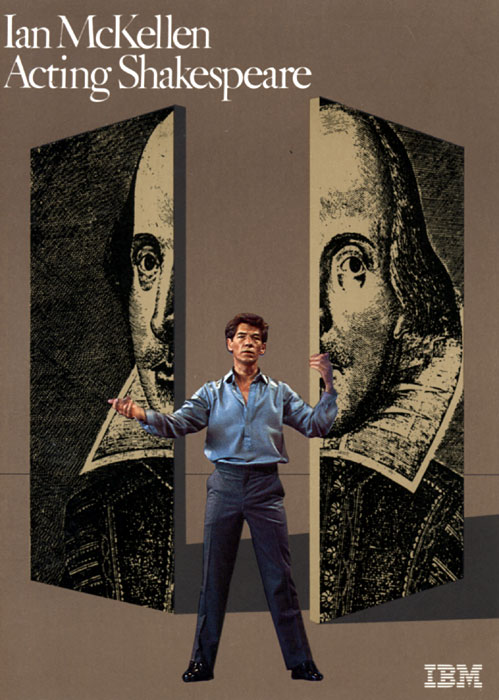I started the interview asking about physicality and movement. In a conference paper that Leslie gave me, he referred to the physical a great deal, so it seemed like a very key component of an authentic performance. He began by talking about his interest in shifting away from a behavioral or psychologically based model of acting to get at something more fundamental. How much more fundamental can we get than particle physics? (Interesting turn, no?) Leslie told me about a NOVA program he had seen years ago on subatomic particles -- quarks. The physicists were able to predict certain directions of motion in the path a particle would take. Sometimes it would move "up" or "down" but other times it was completely unpredictable and the scientists described this as the particles' "charm." Really fascinating stuff!
 |
| Glowing bacteria! |
One other science-related item for this post. Leslie also brought up the work of Bonnie Bassler, a microbiologist at Princeton University. Here's a link to a video of her speaking on "How Bacteria Talk." In a nutshell, she has discovered that when bacteria reach a critical mass, they become luminescent. And that is how the theatre works! Leslie made an explicit connection between Bassler's work and Aristotle's discussion of catharsis. This can only be reached when there's a critical mass of people. It can't happen when you read a play by yourself in your room. This point ties in to a some previous posts where I talk about the importance of audience to authenticity. You cannot truly achieve an authentic performance without the audience. And damn, if you can make your audience glow ... you've really got something there. Something authentic.
